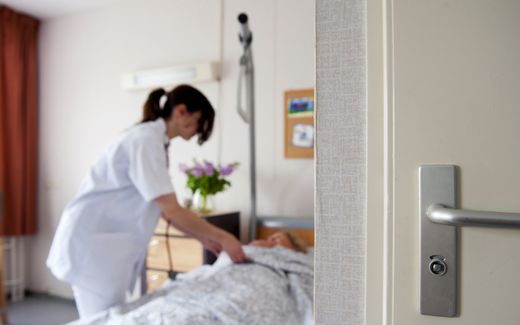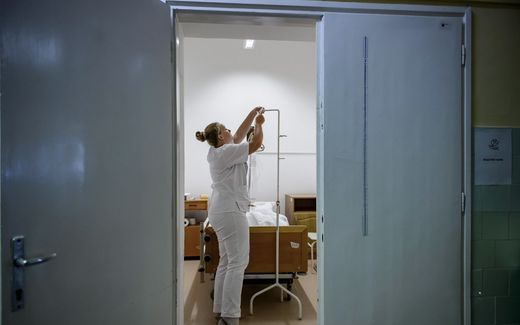French government advisors in favour of self-determined death

People take part in a gathering to protest against the legalisation of euthanasia or assisted suicide, following a citizen consultation about the end-of-life in Paris. Photo AFP, Geoffroy van der Hasselt
Western Europe
The French advisory body pleads for better palliative care and for the liberalisation of self-determined death. It believes that the two are not mutually exclusive.
The Economic, Social and Environmental Council (Cese) met on Tuesday to vote on a statement called “End of life: changing the law?” A vote showed that a large majority is in favour of liberalising end-of-life legislation. Of the Cese members, 98 voted in favour, six against and 12 abstained, Valeurs Actuelles writes.
The Cese is an advisory body that is consulted by the Government and the Parliament on laws that fall under its specialisation in economic, social and environmental affairs. Often, it plays an important role regarding bills on these issues.
The Cese has done extensive research to gather information for its decision. First, it researched the situations of vulnerable people who would be impacted by the law. Secondly, it assessed the current law, and lastly, it made some recommendations on how to implement a new end-of-life law. That is reported by the Cese website.
Right to refuse
One of the recommendations of the Cese is that the state should ensure that everyone has access to assistance in dying. Currently, only sick people are eligible for this support in France. However, the Case favours “guaranteeing, in the name of the principle of individual freedom”, the right to assisted suicide or euthanasia. This should apply to people suffering from a physical disease but also when someone finds him or herself in a state “of unbearable and unappeasable psychological suffering.” At the same time, the advisory body recommends giving healthcare workers the “right to refuse to perform these acts themselves.”
In addition, the Cese pleads for better palliative care. According to the body, this type of care is often seen as end-of-life care only, while it could “be useful from the start of the disease.”
Related Articles







